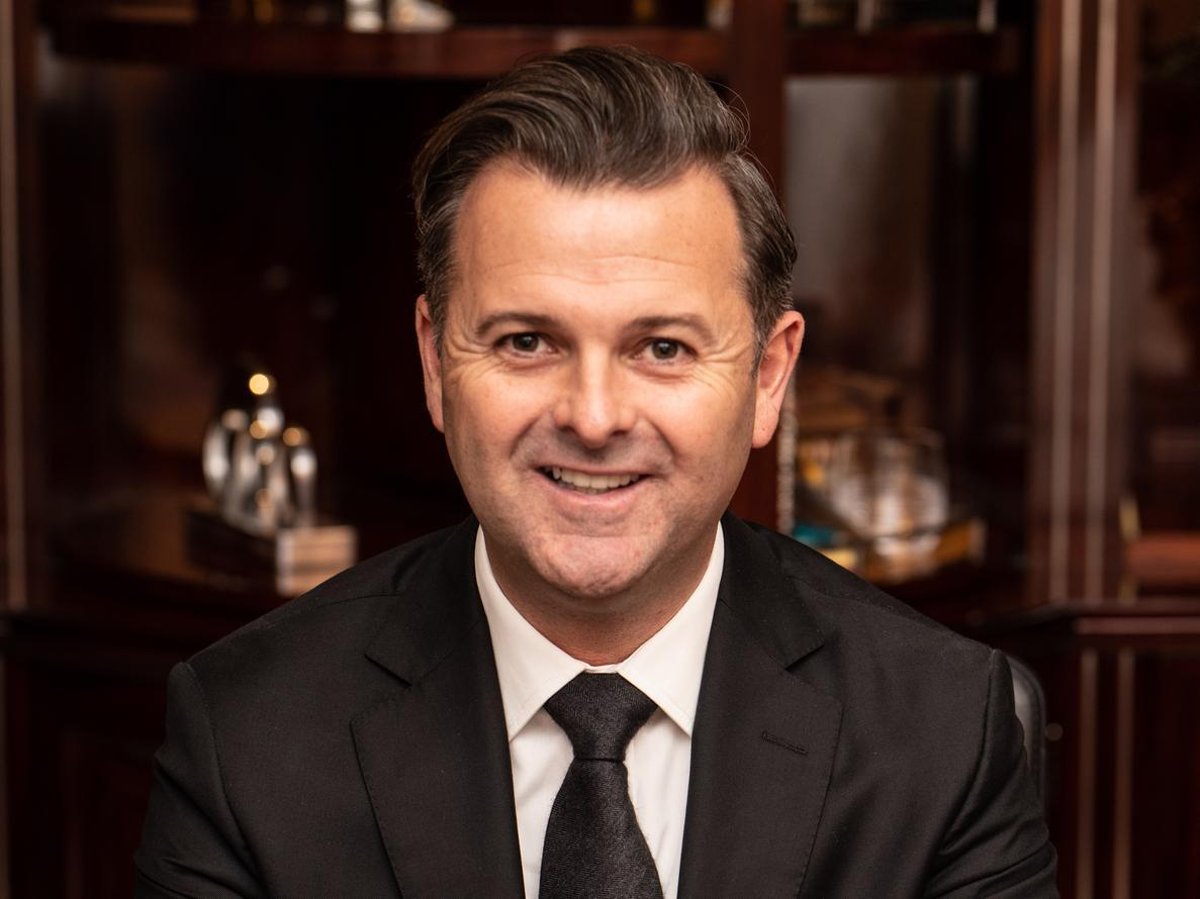 Virgin Media O2 and Daisy Group plan to merge their B2B operations in H2 2025 to create a new entity with pro forma revenues of £1.4 billion, led by Matthew Riley (pictured) as Chairman and Jo Bertram as CEO.
Virgin Media O2 and Daisy Group plan to merge their B2B operations in H2 2025 to create a new entity with pro forma revenues of £1.4 billion, led by Matthew Riley (pictured) as Chairman and Jo Bertram as CEO.
The combined entity will have an ownership split of 70% Virgin Media O2 and 30% Daisy Group and aims to leverage growth through greater scale, efficiencies and a combined set of products.
It will benefit from Virgin Media O2’s next generation fibre and mobile infrastructure, combined with Daisy’s end-to-end IT and sales management platforms. It will be supported by fixed and mobile connectivity wholesale agreements with Virgin Media O2, and supplier arrangements with Telefónica and Liberty Global.
Virgin Media O2’s fixed and mobile wholesale operations, which include smart metering and connectivity to MVNO customers, will remain fully owned within Virgin Media O2.
Lutz Schüler, CEO of Virgin Media O2, said: “Combining Virgin Media O2 Business with Daisy Group creates a new British business connectivity powerhouse and greater competition in the market.
“For us, it’s a big step forward in our journey to boost B2B growth. Following completion, the new company will have the scale, talent, focus and infrastructure needed to drive digital transformation.
Daisy Group Founder and Chairman, Matthew Riley, added: “This transformational transaction will revolutionise the telecommunications and IT landscape.
“Our new entity will deliver a comprehensive solution for the fast-changing needs of UK organisations. It will be driven by the entrepreneurial spirit for which we are known and will catalyse the next phase of our ambitious growth plans.”
Based on full year 2024 performance, the combined entity will have adjusted EBITDA of £150m and Adjusted EBITDA less Capex of £100m. It is expected to deliver around £600m of operational synergies on a net present value basis, including integration costs, primarily attributable to cost savings. This equates to a pre-tax annual run-rate of ~£70m by 2030.
